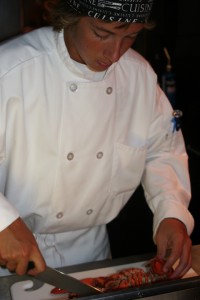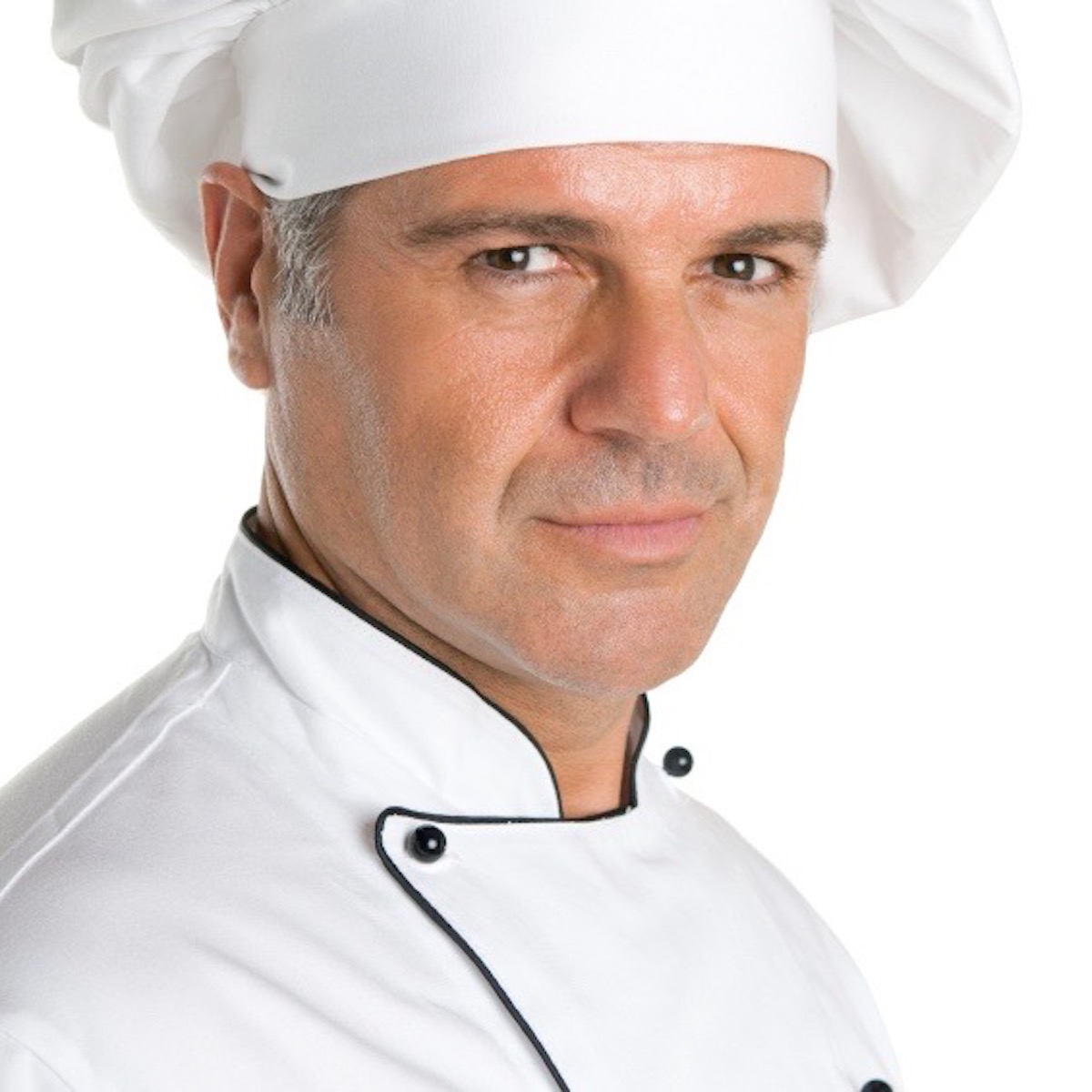What Is the Difference Between Culinary Degrees?
No two culinary schools are created equally. Depending on what type of school you attend and what the program entails, you might walk away with a certificate of completion and enough skills to get an entry-level job, or you might end with a four-year degree and a desire to keep going until you get a Master’s.
This doesn’t always make one program better than another; it just makes them suited for different professional goals. If you’re considering culinary school, you’ll need to determine what your goals are and which program will best help you accomplish them.
The Different Culinary “Degrees”
Workshop: A culinary workshop is typically a one-day, one-weekend, or other short program that offers training in a single skill. From the elements of Thai cuisine to basic knife cuts, these courses are ideal for the home cook or amateur chef. The cost tends to be low and includes supplies, and you can often find the courses through big-name culinary schools. In most cases, you’ll walk away without any official “degree” unless the school offers continuing education credits for working professionals.
Certificate/Diploma: In most cases, your education at a private culinary school will be a certificate of completion or a diploma. In the academic setting, these have no value other than how they relate to that specific school or the culinary field as a whole. For example, Le Cordon Bleu offers a certificate program. This certificate won’t help you transfer to a four-year university and won’t have much meaning outside the culinary world, but it does indicate what you have learned to your peers and employers.
Associate: An Associate degree is a two-year degree that combines general education classes with your chosen specialty (in this case, culinary training or restaurant management). These degrees are offered both at community colleges and at many of the private culinary schools you’ll encounter. Although you’ll spend most of your time in a kitchen or learning about the restaurant industry, you will have to meet standards in math, English, social sciences, and communication.
Bachelor’s/Master’s: A Bachelor’s degree is a four-year program, offered almost always through a public or private university. The Master’s degree is similar, though it takes six years in all (or two years above and beyond a Bachelor’s degree). In terms of strict culinary training, these degrees are rare. If you intend to seek a Bachelor’s or Master’s degree, you’ll most likely combine culinary skills with business or hospitality management. In this way, these degrees can cross fields, and if you decide to leave the restaurant industry, you may be able to apply your skills elsewhere.
Attending a culinary school can be a great step toward your future. Make sure you evaluate all your professional and personal goals before you start since it can be difficult to change schools in the middle of the program without having to backtrack or take on additional costs.
Is A Culinary Career Right For Me?












